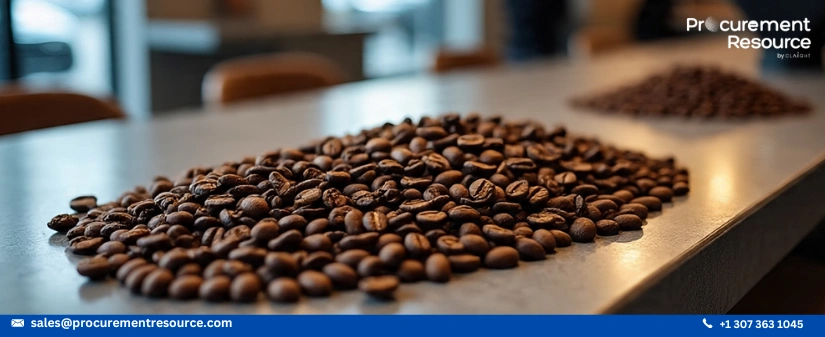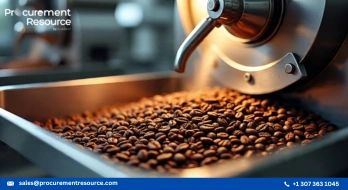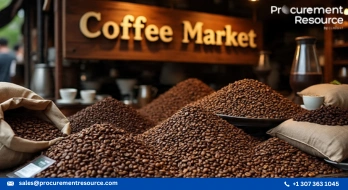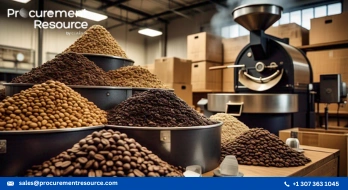Global coffee prices have been witnessing an increasing trend amid US tariffs and supply shortages

Recently, global coffee markets suggest that the prices may face prolonged elevated costs followed by harvest shortages. The imposition of a 50% U.S. tariff on Brazilian coffee imports threatens to further escalate prices, potentially transforming coffee from an everyday commodity into a premium-priced item. In 2024, the United States imported approximately 1.6 million metric tons of both roasted and unroasted coffee, according to USDA data, with Brazil supplying 30% of these imports. Market analysts predict significant disruptions to established trade patterns, particularly affecting Brazil's export flows to alternative markets.
The U.S. domestic coffee production, primarily based in Hawaii, lacks the capacity to compensate for reduced South American imports. Industry experts confirm that Hawaiian coffee operations remain disconnected from global market dynamics and cannot scale sufficiently to meet national demand. The new tariffs are expected to create substantial economic pressures across the supply chain, impacting Brazilian exporters through reduced competitiveness and job losses, while simultaneously increasing costs for American roasters and ultimately retail consumers.
Market reactions were immediate, with Arabica coffee futures rising 3.5% following the tariff announcement. The situation is compounded by complex global trade relationships, as European importers of Brazilian green coffee may face indirect effects through their own U.S.-bound exports. Industry analysts emphasize that selective tariffs between coffee-producing nations and the U.S. will likely result in broad-based price inflation within the American market.
Read More About Coffee Production Cost Reports - Get Free Sample Copy in PDF
Early consumer responses indicate growing concern over affordability, with social media discussions highlighting significant retail price increases across various product categories. Market monitoring reveals current pricing benchmarks including premium local roasts approaching $30 per pound and mainstream supermarket brands exhibiting notable cost escalation. Some consumers are reportedly transitioning to bulk purchasing strategies and value-oriented retail channels to mitigate expenditure impacts. The cumulative effect of these market dynamics suggests structural changes to coffee pricing and availability may persist in the medium term.



